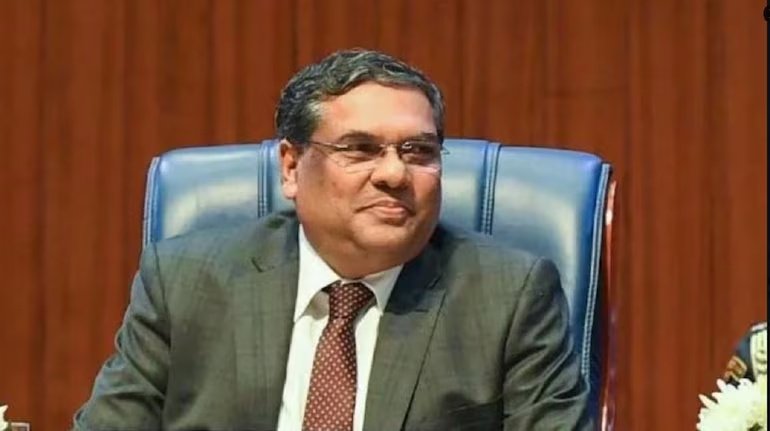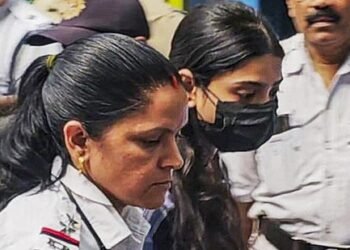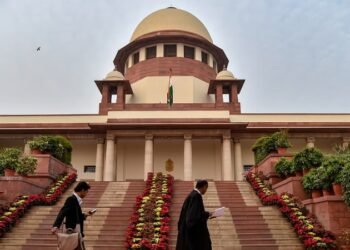Since his appointment as a Supreme Court judge in January 2019, Justice Sanjiv Khanna has been involved in numerous significant decisions, including those regarding the abrogation of Article 370 and the electoral bonds scheme. His six-month term as the 51st Chief Justice of India will be equally busy, with important matters such as the constitutionality of sedition and marital rape awaiting consideration by the Supreme Court.
Justice Khanna, coming from a legal family, was promoted to the Supreme Court from the Delhi High Court on January 18, 2019, and has written more than 115 judgments. Remarkably, he is one of the few judges who ascended to the highest court prior to serving as the Chief Justice of any High Court in the nation.
A look at Justice Khanna’s remarkable verdicts
One of the first significant cases he ruled on was regarding the applicability of the Right to Information Act (RTI) to the office of the CJI. Justice Khanna ruled in its favor and authored the majority opinion, stating that judicial independence does not inherently conflict with the right to information.
He also wrote the ruling for a five-judge panel that determined the Supreme Court could exercise its authority under Article 142 of the Constitution to grant divorce based on an “irretrievable breakdown” of the marriage.
Justice Khanna was also a member of the bench that affirmed the removal of Article 370, which provided special status to the former state of Jammu and Kashmir.
The year 2024 has been significant for Justice Khanna, as he has served on benches that rendered crucial rulings related to elections, bail, and individual freedom.
Earlier this year, he served on a division bench that denied a request for complete verification of votes using VVPAT. During the latter part of the year, Justice Khanna addressed politically charged issues concerning the bail requests of former Delhi Chief Minister Arvind Kejriwal, along with AAP leaders Manish Sisodia and Sanjay Singh in the liquor policy case.













